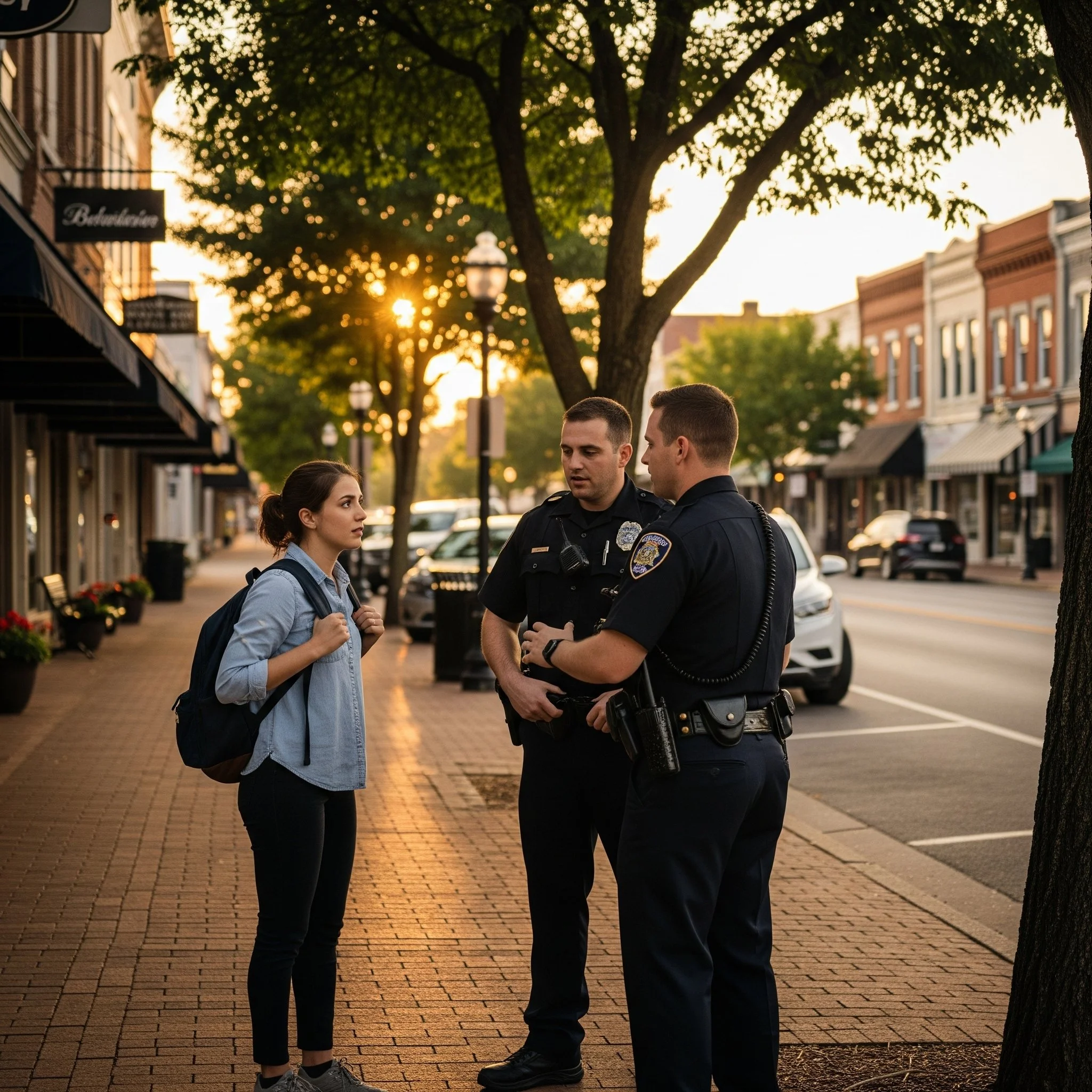Jurors find man not guilty of murder in 2017 fatal shooting in Bixby
By Harrison Grimwood Tulsa World 21 hrs ago
A Bixby man was found not guilty of first-degree murder Thursday evening.
Earnest Liggins, 39, acknowledged that he fatally shot Kevin Phelps, also of Bixby. Brian Boeheim, Liggins' attorney, said the shooting was in self-defense.
The shooting occurred during an altercation between the two men developed in front of Phelps' residence, located near 126th Street and 85th East Place in Bixby, in June 2017.
"Mr. Liggins is very remorseful that this ever occurred," Boeheim said. "He considered Mr. Phelps a friend for most the time they knew each other."
A juror told prosecutors they considered the shooting self-defense, Assistant District Attorney Kevin Keller said after the trial.
The jury did find Liggins guilty of unlawfully carrying a firearm.
Keller said Liggins was discharged from the Tulsa County jail, where he has been in custody since the shooting, after he was credited for time served for his conviction on the lesser charge.
Neighbors told police they heard an argument between Liggins and Phelps before the shooting, which occurred shortly before 10 p.m. June 19. Phelps was pronounced dead at the scene.
Liggins had gone to Phelps' home to repay him some money, Boeheim said, and Phelps reportedly became irate and fought with Liggins. Boeheim said Liggins tried to tell him he just wanted to go to his car and leave.
Phelps reportedly was trained in martial arts and intoxicated, and Boeheim said his client feared for his life.
"He (Liggins) and his family are excited he'll finally get to go home," Boeheim said. "It's horrible that a man lost his life. At the end of the day, it was self-defense."


